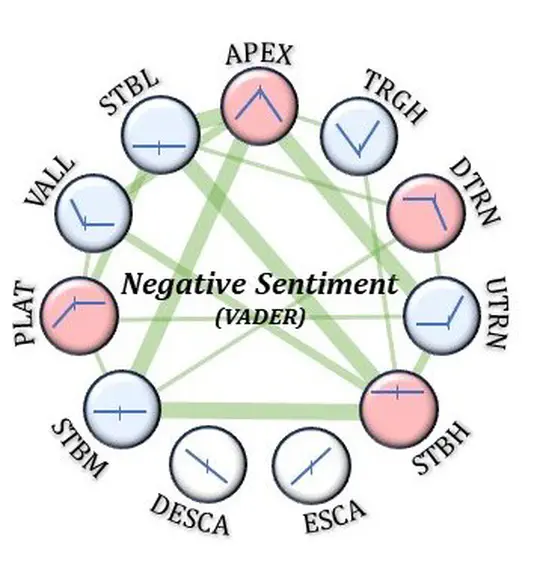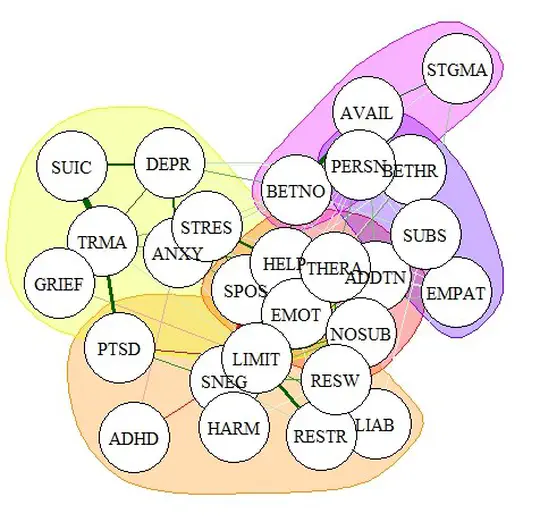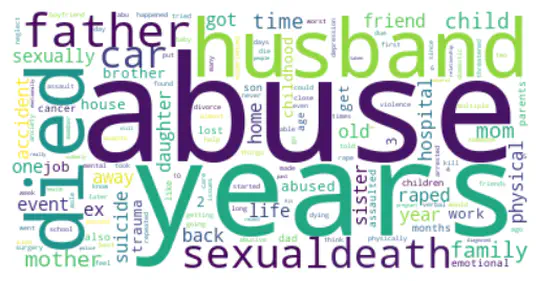Damien Lekkas
Research Assistant Professor of Medical Social Sciences
Biography
Damien Lekkas is a data scientist and member of the faculty of Northwestern University Feinberg School of Medicine. Damien holds a doctorate in Quantitative Biomedical Sciences from Dartmouth College where he studied digital mental health and applied statistics. His work frequently leverages online and passively collected longitudinal data to digitally operationalize and analyze mental health constructs and outcomes with special interest in suicidal thought and behavior. Working broadly at the interface of data science and psychology, he has published on a wide array of topics including, but not limited to, emotional affect, personality, eating disorders, depression, anxiety, trauma, and suicide. To contribute to an improved understanding and treatment of psychopathology in the digital era, Damien actively collaborates with researchers and clinicians on data-driven projects and digital intervention-based solutions within the mental health domain.
- Mental Health & Psychiatry
- Human Behavior
- Digital Phenotyping
- Digital Interventions
- Applied Machine Learning
- Network Analysis
- Natural Language Processing
- Statistical Modeling
-
PhD in Quantitative Biomedical Sciences, 2024
Dartmouth College
-
MS in Bioinformatics, 2019
University of the Sciences in Philadelphia
-
MS in Anthropology, 2014
University of Pennsylvania
-
BA in Anthropology & Biology, 2014
University of Pennsylvania
Academic Appointments
Current Research
Publications
Contact
If you are interested in a potential academic research collaboration, need access to any of my published works, or just want to talk science, feel free to contact me via the email provided or on LinkedIn–I would love to work with you! I will endeavor to respond to your inquiry within 48 hours.
- damien.lekkas@northwestern.edu
- 750 N. Lake Shore Dr., 10th Floor, Chicago, IL 60611


